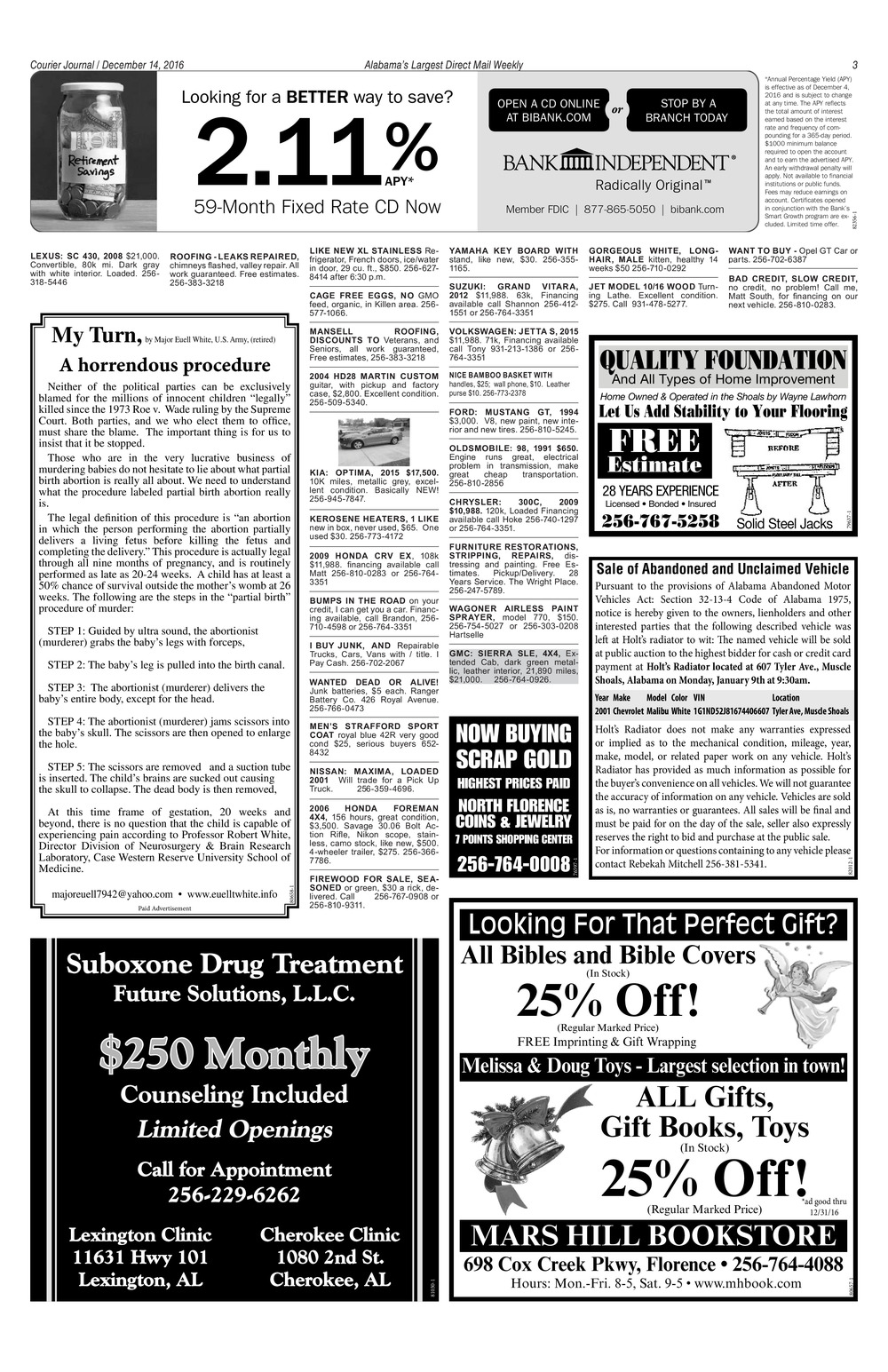
Newspaper owners who went heavily into debt to finance acquisition or ownership change in the early 2000s are under pressure. These are newspapers owned by companies that took on high levels of debt at what now turns out to be the most inopportune of times. Newspapers in this situation have been declining for years, hanging on to life because their owners reveled in the idea of owning a newspaper - not because their existence made good business sense.Ī second category of newspapers that is under serious pressure is what I’ll call the heavy-debt group. The Kansas City Kansan, for example, operating in the shadowed fringes of the dominant Kansas City Star, recently closed its print edition. 2 newspapers that is in trouble, and that is newspapers with small, fractional audience shares in metro markets. It has been ongoing for many years - Cincinnati in 2007, Nashville in 1998 and El Paso in 1997, to name just a few.

Number 2 newspapers in Joint Operating Agreements are going to disappear. That’s never been a great business plan, and we have come to the place where it won’t work any more for newspapers - even with federal legislation as the underpinning. Essentially, these partnerships have relied upon one revenue stream to support two expense centers. 2 newspapers were kept alive - artificially, I would argue - through partnerships with larger newspapers in their markets. The result was that in Denver, Seattle and Detroit, among other places, No. You also can look at it from this perspective: The high-profile newspaper closings you have heard about this year are newspapers that have been operated under Joint Operating Agreements, a vehicle created by Congress more than 70 years ago to try to save failing newspapers. You can compare that with the 10 percent or more of auto dealers nationally that are estimated to be headed for extinction this year, or with the 15 percent decline in the number of Realtors in the U.S. The number is virtually certain to be less than 1 percent of the nation’s dailies.
COURIER JOURNAL E EDITION TV
What about the declining revenues and profits of the newspaper industry in general?Īnd, what about The Courier-Journal’s actions in recent months to reduce news content, cut pages from its weekly TV book, reduce staff and place employees on furlough?Īll right, let’s take a closer look at these issues.Ī few newspapers have closed or will close this year. What about the Boston Globe, the Chicago Sun-Times, and the Minneapolis Star Tribune, whose print editions have been said to be endangered?
COURIER JOURNAL E EDITION FREE
What about the Detroit Free Press, which has dropped home delivery of its print edition four days a week? What about the Rocky Mountain News, the Seattle Post-Intelligencer and other newspapers that have closed in recent months? The Courier-Journal is going to be a part of this community’s future. The Courier-Journal will get through this recession. The Courier-Journal remains a profitable business. Let me say that again in several other ways: I want to begin by making one particular point as strongly and as clearly as I know how: The Courier-Journal is alive and well. Oddly, newspaper executives have assisted in the shaping of this image by being loathe to talk openly about their own business. And the image that has been shaped for us recently is that we are a dying business. For it turns out that the news media, including newspapers, are really very good at shaping the public image of an institution. It has become the newspaper industry’s proverbial elephant in the room. Today, I am going to do something I never have done before in a forum like this: I’m going to talk about the business side of the newspaper business.įrankly, judging from the conversations I am having in the community, I suspect this is the issue most of you want to hear about anyway. You’ll have to invite me back again sometime if you really want to hear it.

If you were, by chance, hoping for that kind of speech today, I’m going to disappoint you.


Over the years, both as a newspaper editor and as a publisher, I’ve given lots of speeches to service clubs, trade organizations and other groups - always about the journalism side of the newspaper business: Why and how we do certain things, the nature of our mission, our First Amendment responsibilities, why it is unavoidable that we sometimes make some people mad, and various other issues related to news gathering and news content. NEWS WATCH publishes an edited version of it here with permission. Arnold Garson, president and publisher of The Courier-Journal, championed the future of newspapers in a speech given to members of the Louisville Downtown Rotary Club on May 7.


 0 kommentar(er)
0 kommentar(er)
